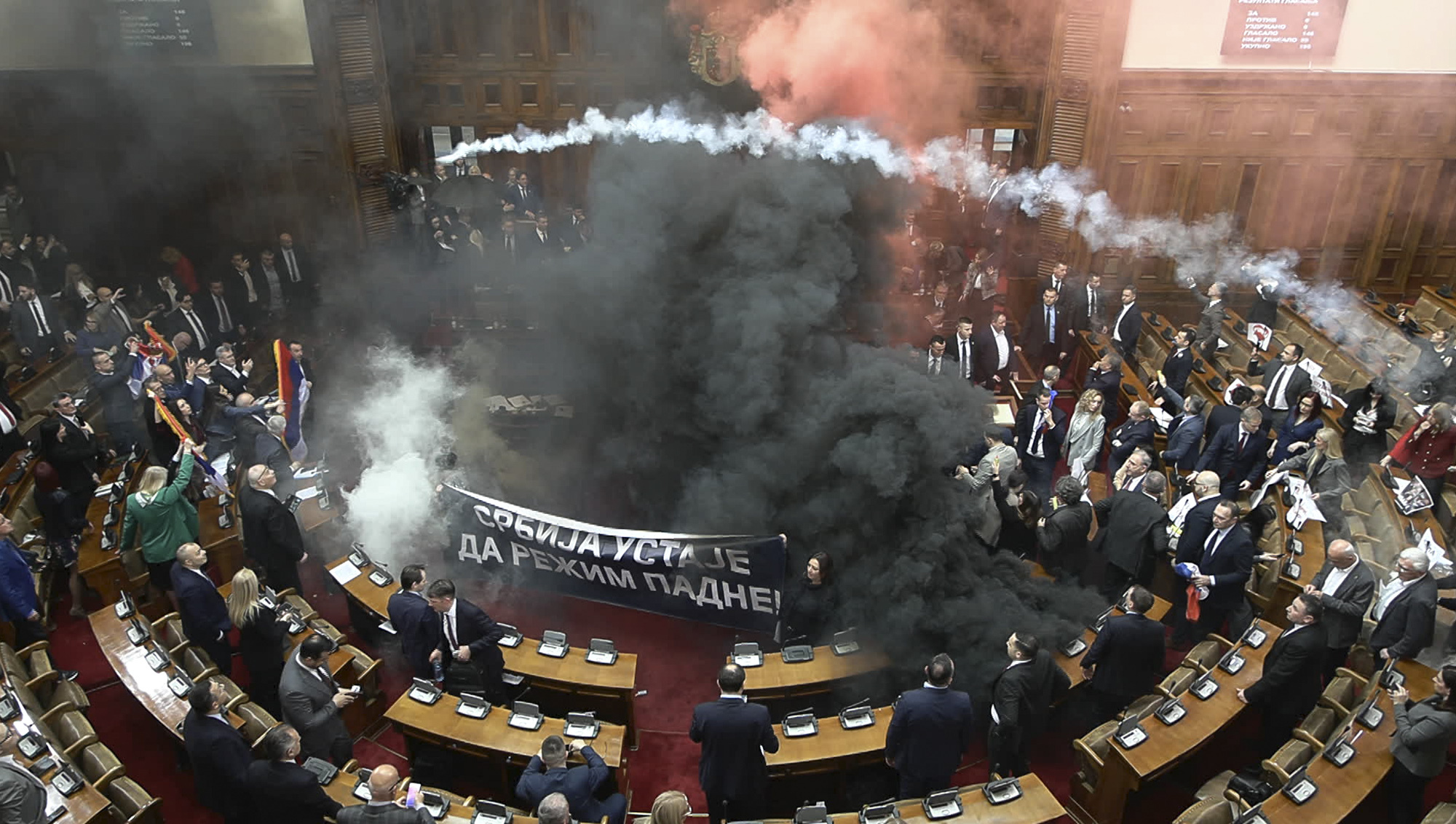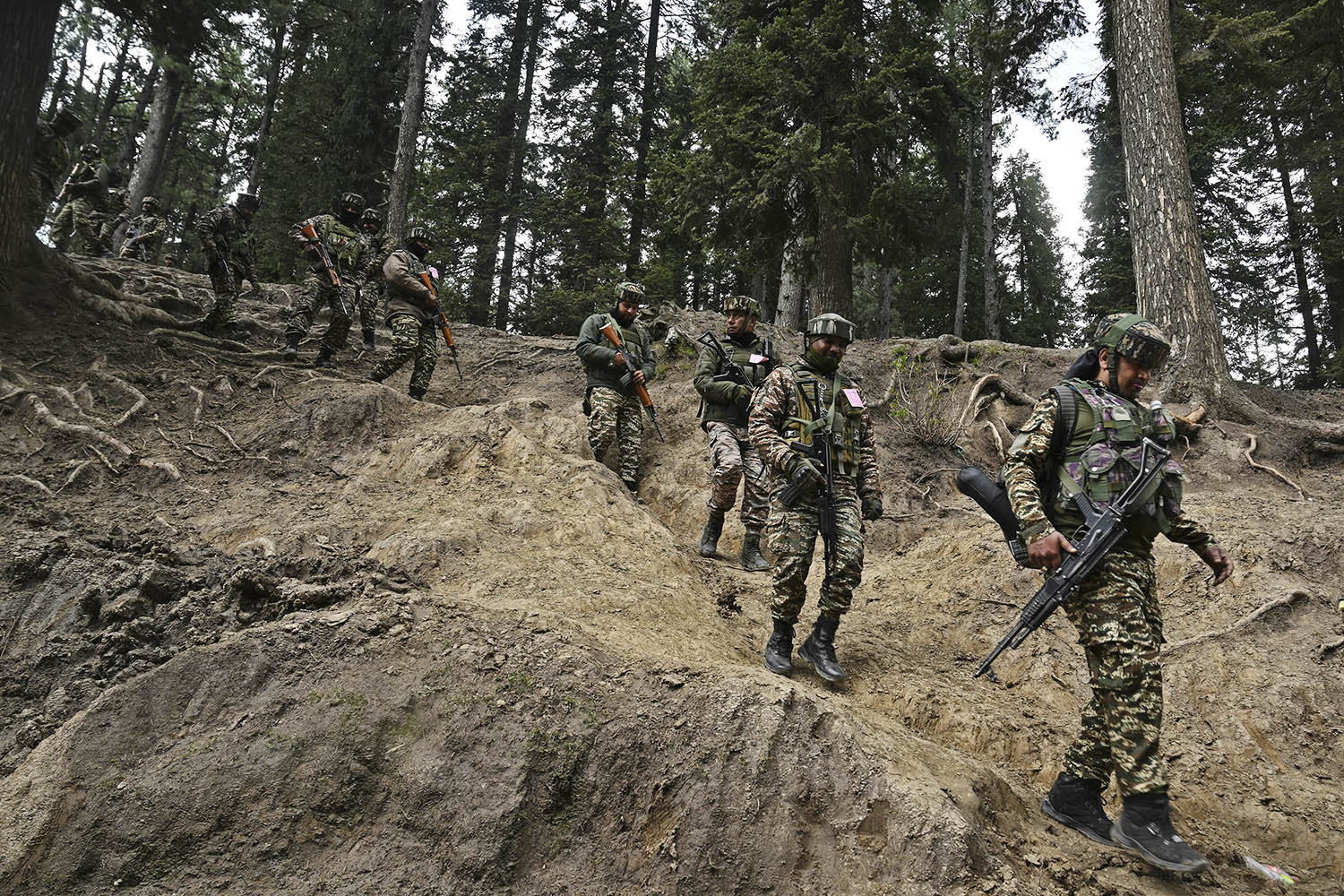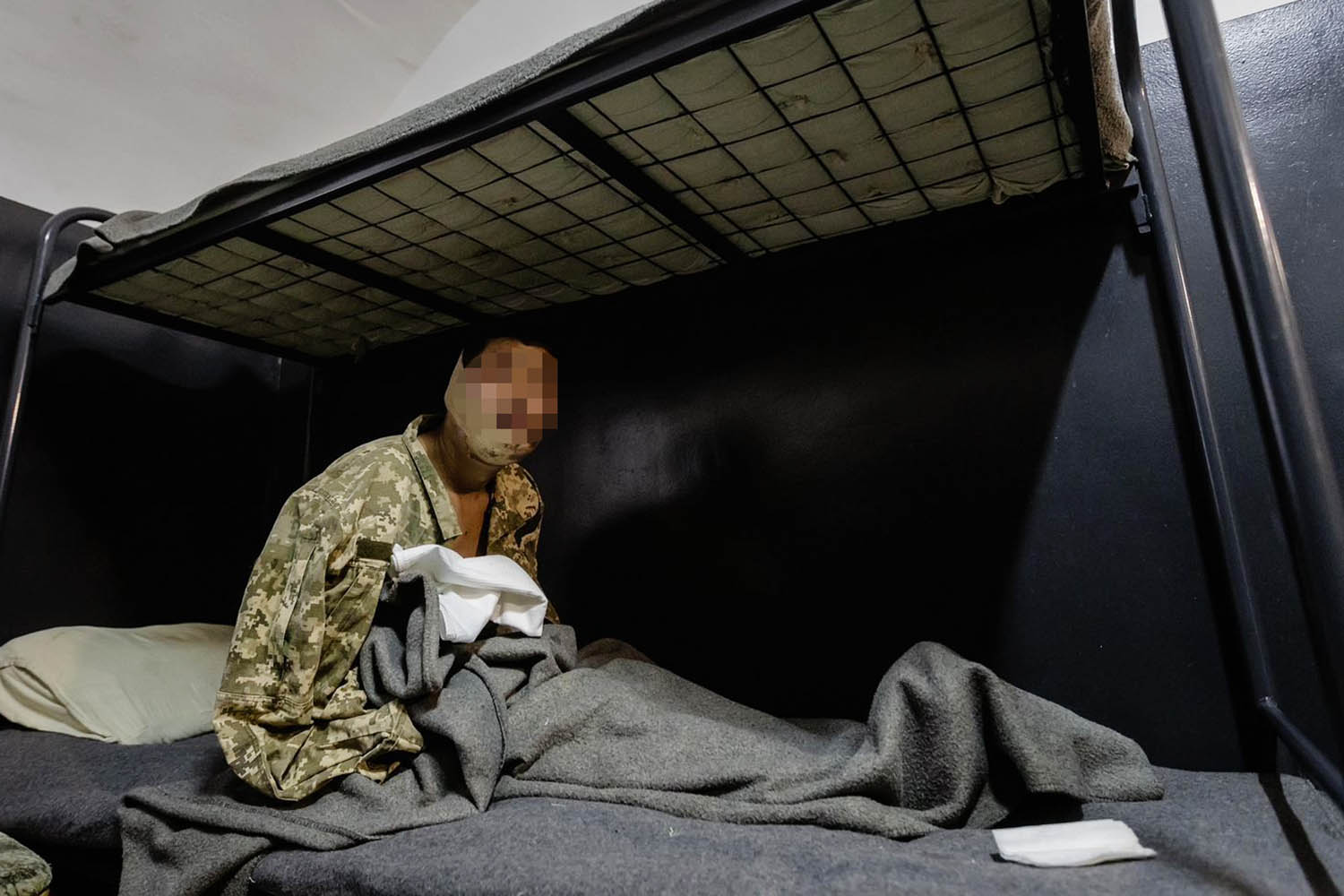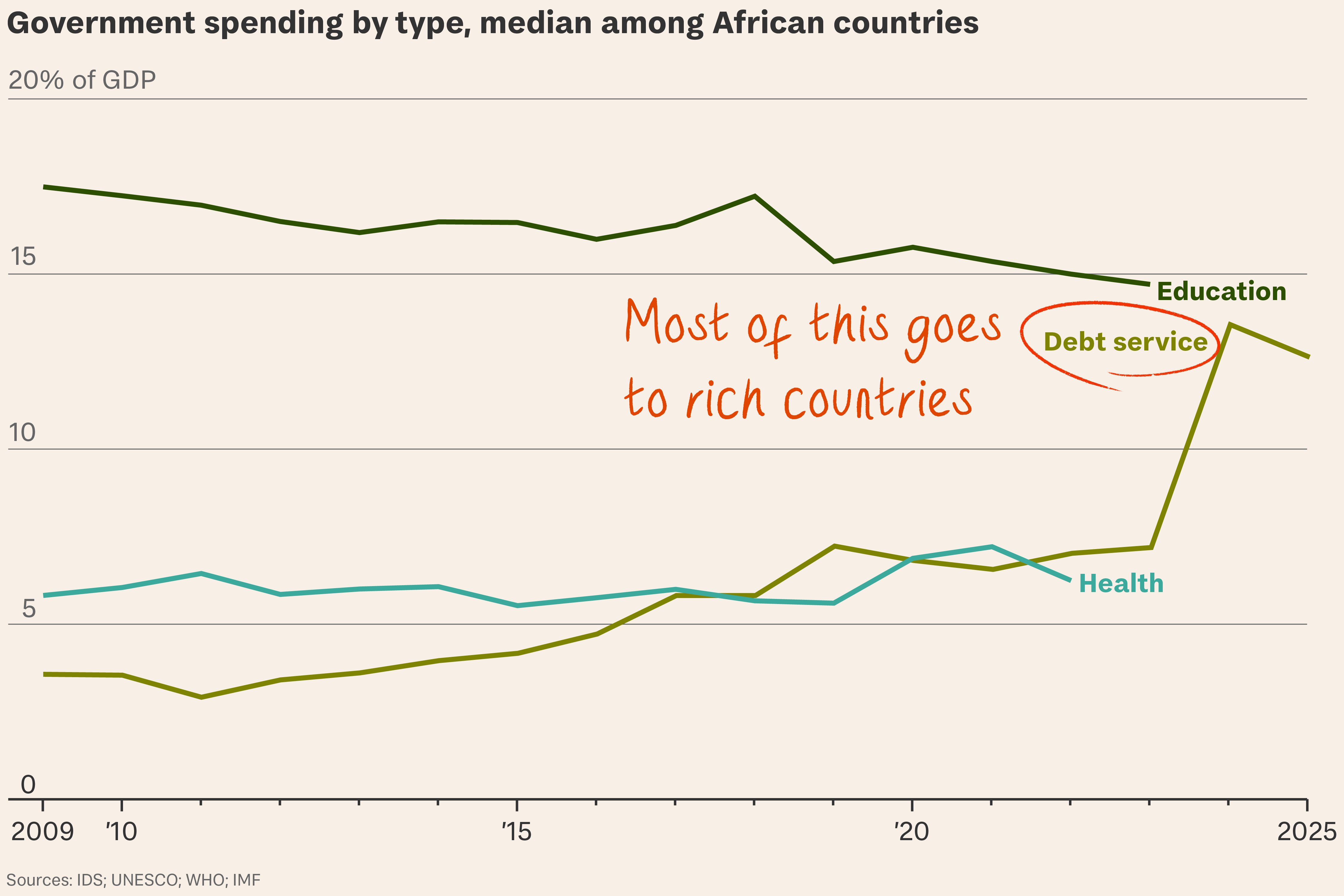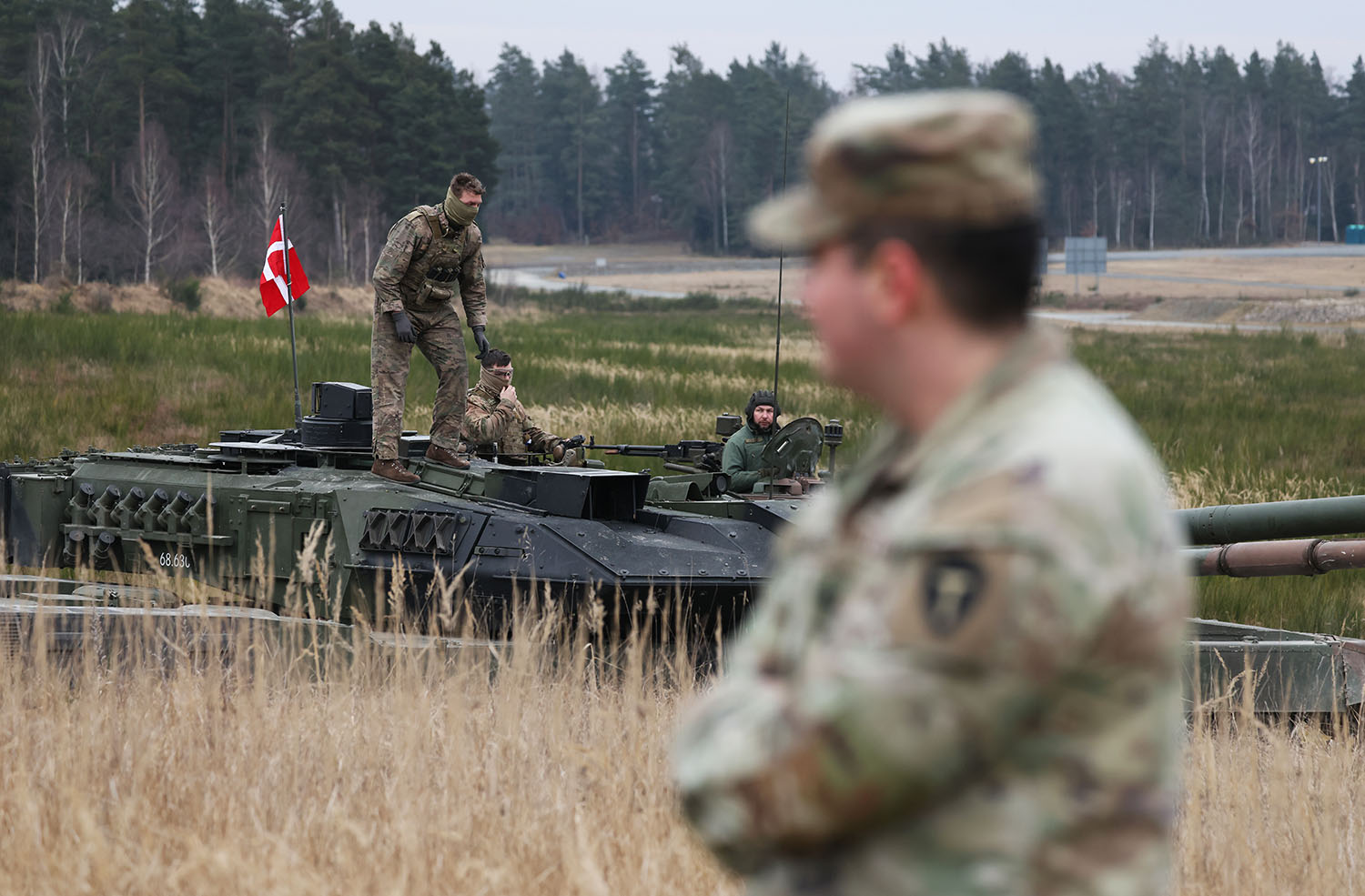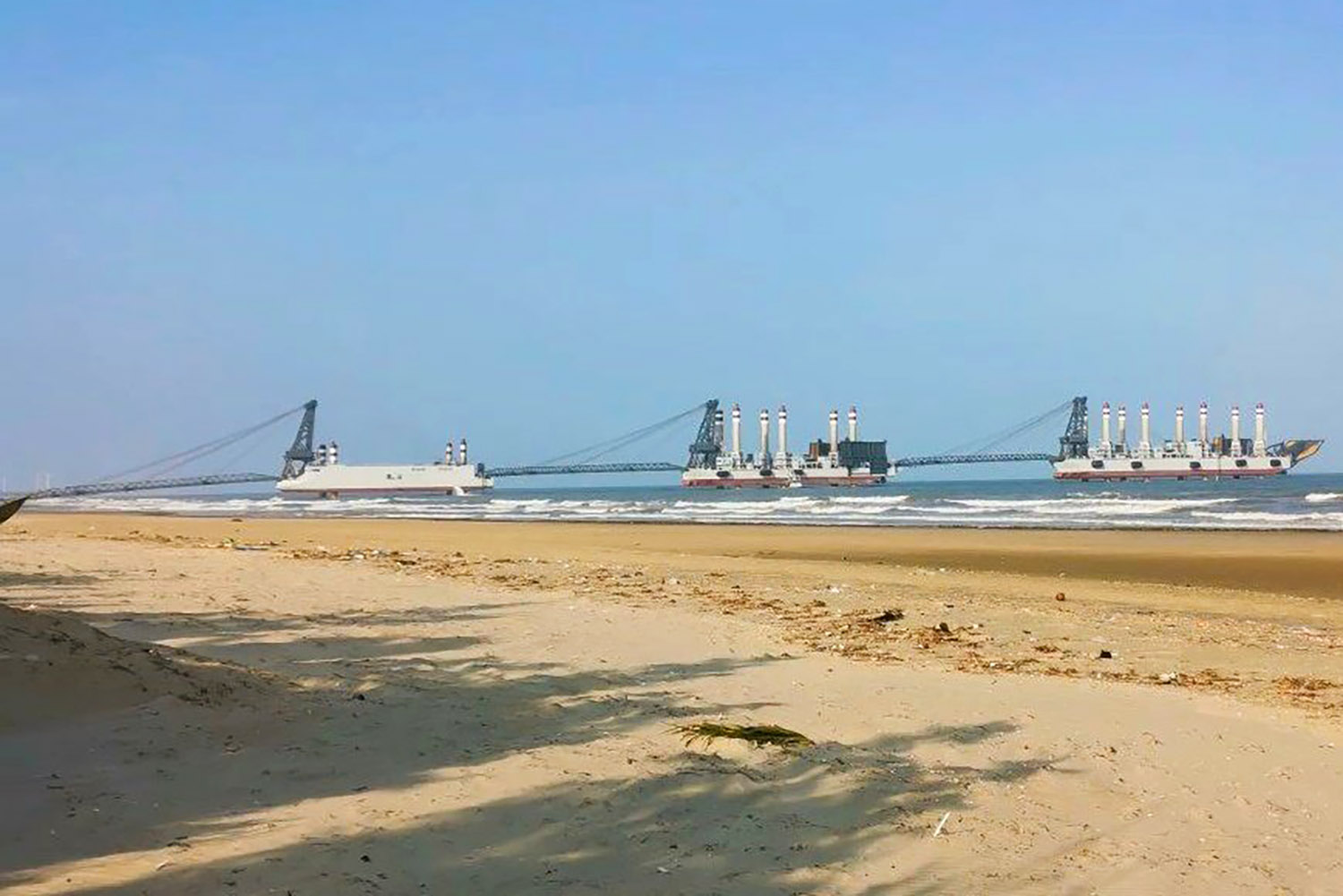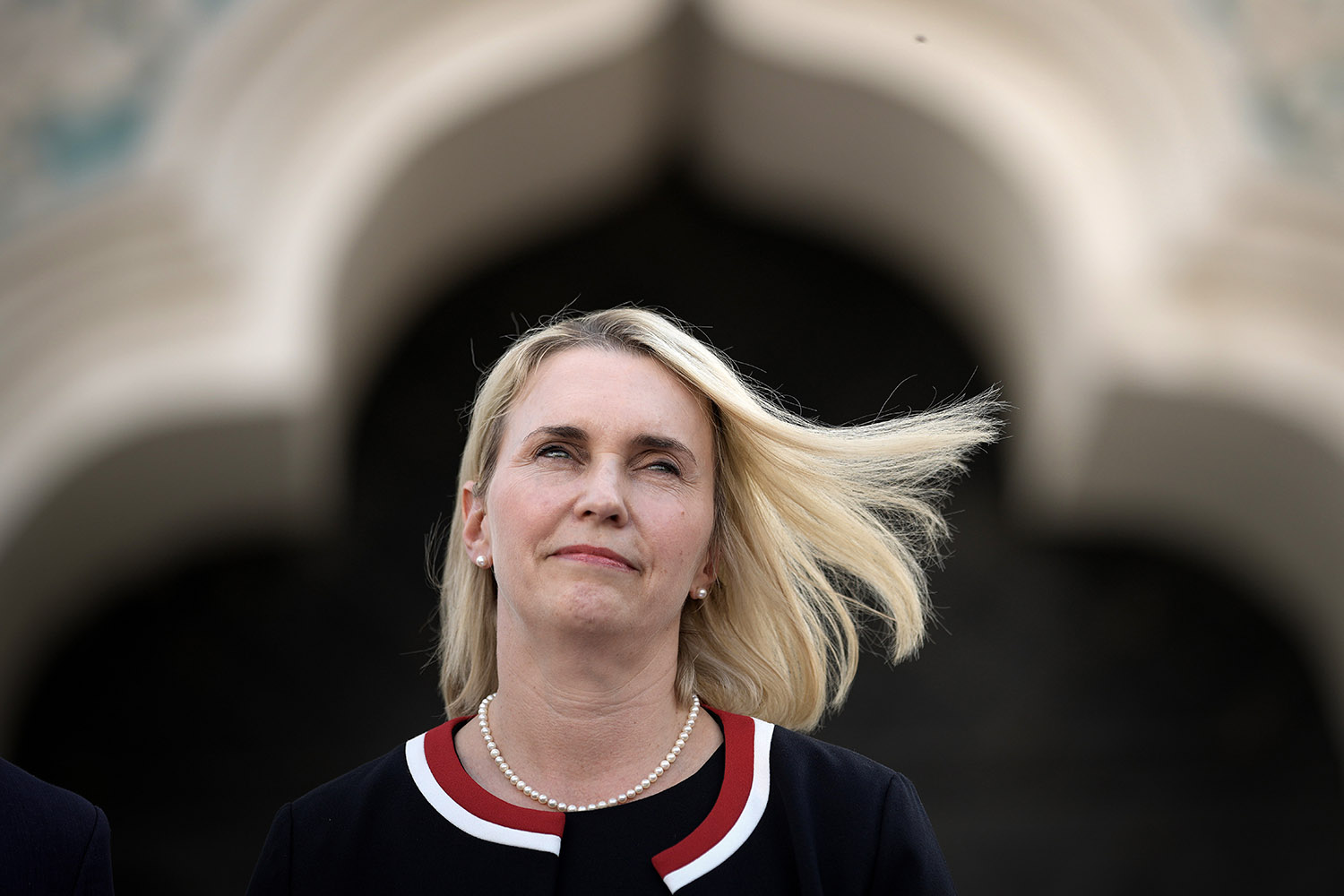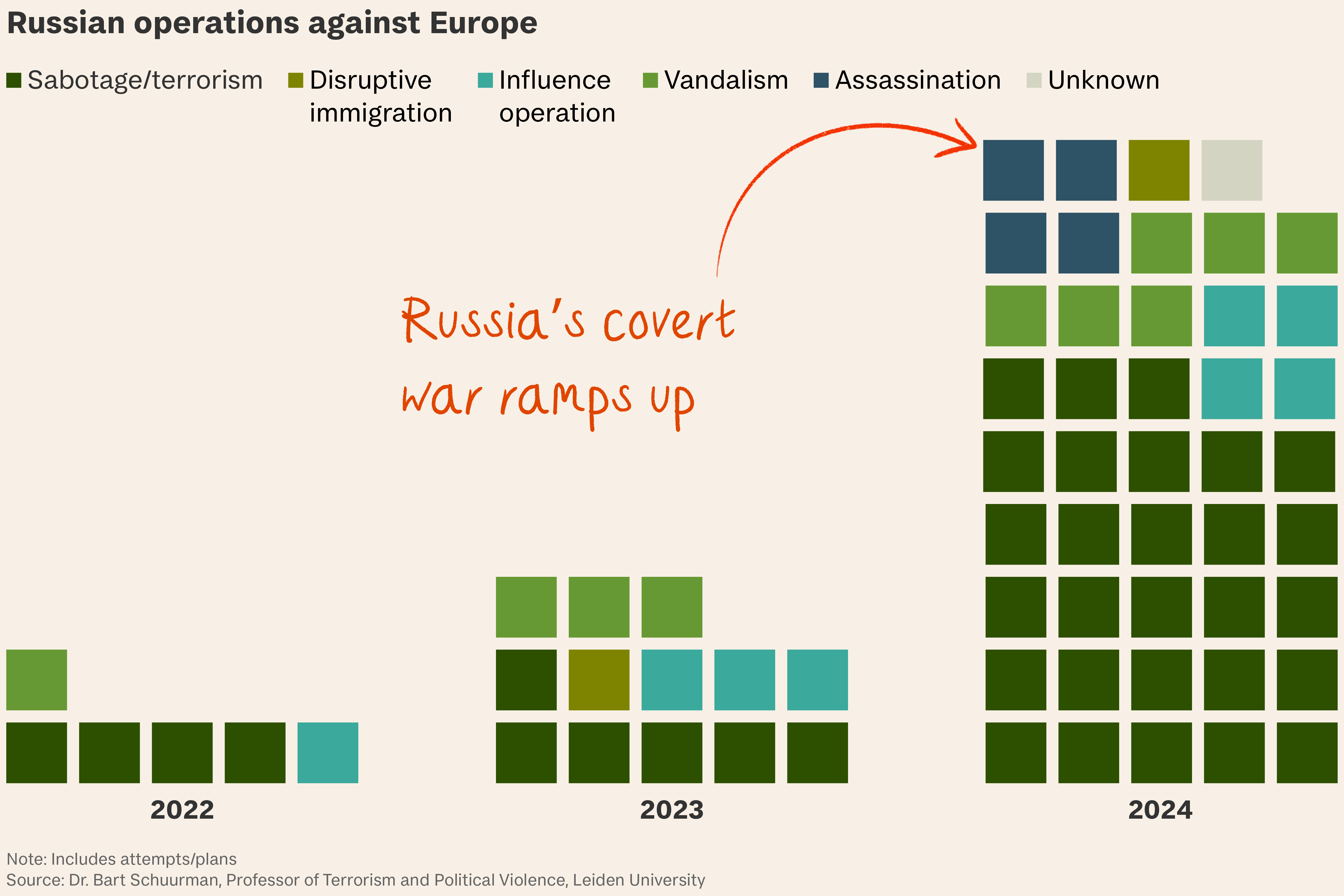The government hopes that will lead to closer economic ties as well
Ursula von der Leyen has proposed an €800 billion increase in European defence spending over the next four years. That is more than twice what Europe and the US have delivered to Ukraine in military and non-military aid since February 2022. It’s equivalent to nearly a full year’s defence spending by the US and it signals a tectonic shift in Europe’s approach to its security in the long term.
So what? The short term is another matter. Ukraine’s security crisis is immediate and Keir Starmer has inserted himself into it as part of the solution. That will lead to
- close scrutiny of how the UK spends the extra money it has earmarked for defence;
- close scrutiny of the team tasked with spending it; and
- an historic opportunity for the UK to reset post-Brexit relations with Europe on the basis of concrete actions rather than fine words.
In the meantime…
Dance, counterdance. Ukraine’s Volodymyr Zelensky says he will sign Trump’s minerals deal and work to end the war with Russia under Trump's “strong leadership”.
- Whether that’s flattering enough to get Trump to rescind his suspension of US military aid to Ukraine is unclear, although there were positive signs in his marathon speech last night to Congress.
- Whether the aid is needed is not unclear. Nato’s other members have plenty of air assets including about 2,000 combat aircraft, but it’s the US that currently provides Ukraine with vital intelligence, surveillance and reconnaissance.
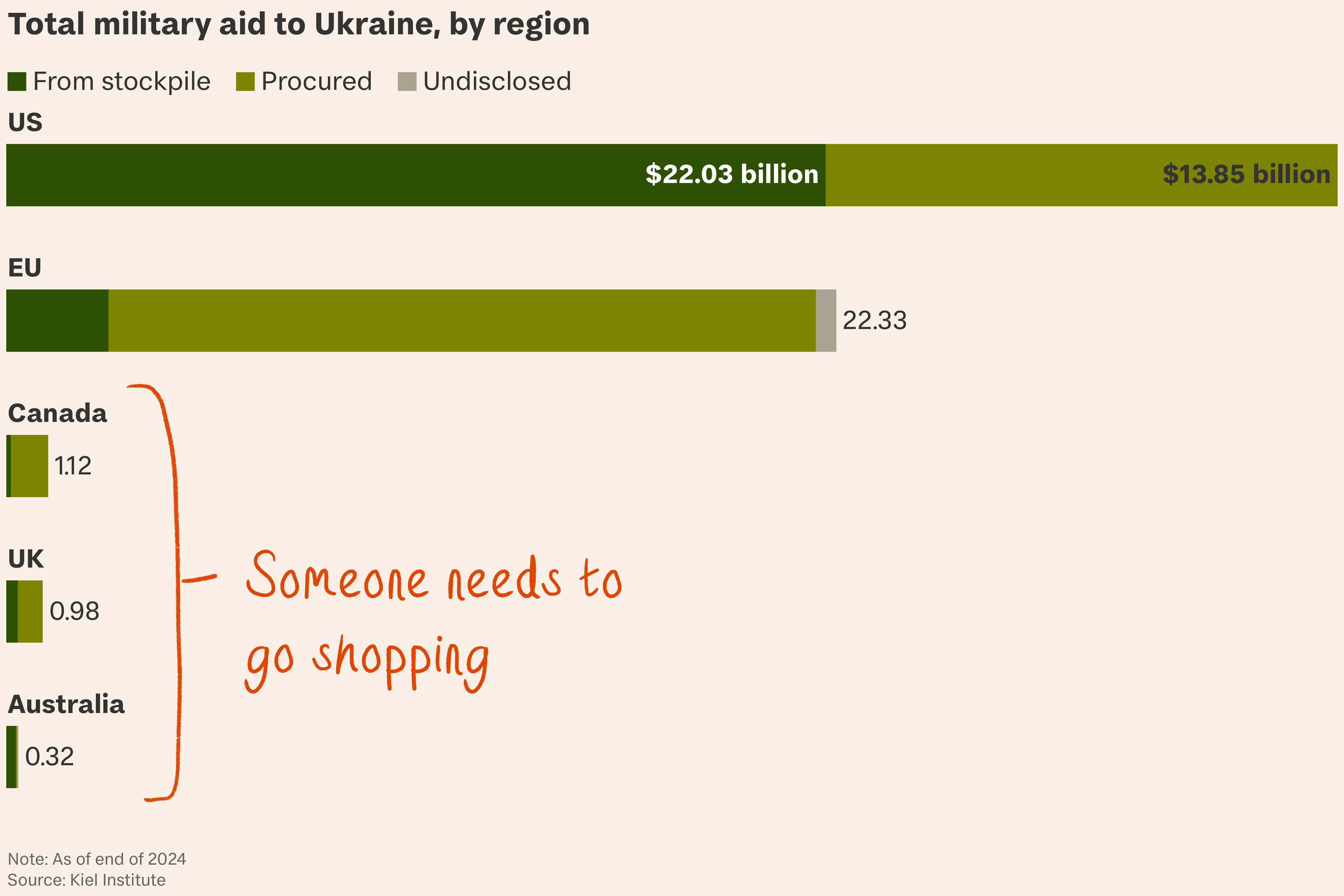
Frozen but needed. A recent $500 million US weapons package authorised by the Biden administration includes air defence missiles, air-to-ground munitions and support equipment for F-16 jets as well as communication equipment, services and training. A previous package included anti-tank weapons, counter-drone systems and other air defence weapons as well as standard and rocket artillery.
- Storage and delivery depots outside Ukraine may or may not be affected by the US suspension, Matthew Savill of the Royal United Services Institute says.
- If not, the UK could help with the weapons delivery, but if US officers were involved that could cause the delays.
About those Brits. Last week Keir Starmer said UK defence spending would rise to 2.5 per cent of GDP from 2027 (in practice an extra £4 – 6 billion a year), and the chancellor has said she’ll change the remit of the £27.8 billion National Wealth Fund so it can be spent on defence. That means tens of extra billions to be spent by
- John Healey, the defence secretary, saddled with a department described by the Institute for Government as “mired in process and procedure” and “one of the stickiest, hardest-to-reform parts of government”;
- Maria Eagle, Healey’s procurement minister, who served as shadow defence secretary under Jeremy Corbyn despite not sharing his belief in unilateral nuclear disarmament;
- David Williams, permanent secretary at the MoD, in post since 2021, a career civil servant toughened by a year under Matt Hancock at the Department of Health during the pandemic;
- Andrew Forzani, promoted last month to Chief Procurement Officer for the entire government after seven years in senior commercial roles at the MoD; and
- Andy Start, filling the crucial role of National Armaments Director while headhunters look for his replacement.
The shopping list. If the US suspension holds, Ukraine will start running out of ammunition by the summer at the latest. Kyiv is already critically short of air defence missiles. Reeves has said £2.6 billion in loans and export finance freed up for Ukraine at the weekend would buy 5,000 of them. After that, Stuart Dee of the Rand Corporation says, Britain should
- refill its own stockpiles; and
- double down on strengths which complement rather than duplicate those of other Nato members, “likely in combat aerospace and nuclear submarines”.
Faster, faster. Andy Start spoke in 2023 of shortening UK defence procurement processes to five years. His successor won’t have that long. Analysts say Britain’s armed forces, hollowed out by underfunding, may need to be ready to fight Russia’s by 2028. Reeves promised yesterday to cut red tape for the sector, after MPs were told a contractor who had to fill out an eight-page contract form for SpaceX had to fill out 90 pages for the MoD.
Closer, closer. Reeves also highlighted the importance of working with “our nearest trading partners”, suggesting the defence procurement challenge could play a role in the UK’s reset with the EU. Channelling the prime minister – who had earlier told ministers he had spoken to Trump on Monday evening and still regarded the US as “an indispensable ally” – she insisted it "shouldn't be about choosing” one partner over the other.
What’s more… Europe isn’t ready anyway. It doesn’t produce Patriot air defence launchers or missiles for them, and the US could still block European donations or even purchases of US weapons for Ukraine, depending on Trump’s mood.



